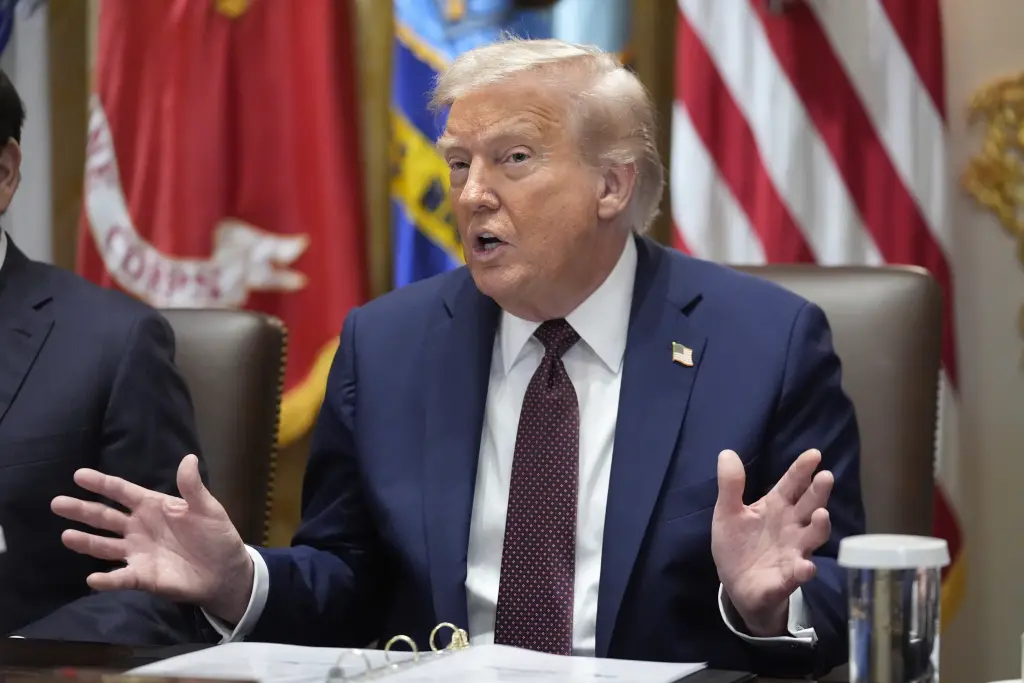In February 2021, the Central Bank of Nigeria (CBN) dropped a bombshell: it banned regulated financial institutions from dealing in or facilitating transactions for cryptocurrency exchanges. The goal was to control risk. The result, three years on, has been a self-inflicted wound that has stifled innovation, pushed a vibrant industry underground, and cost the economy billions in lost revenue and foreign investment. Here’s why the policy needs an urgent reversal.
1. It Ignored the Why: A Failure of Traditional Finance
The CBN cited volatility and illicit financing as reasons for the ban. What it failed to address was why millions of Nigerians, especially the youth, flocked to crypto in the first place: a failing Naira, skyrocketing inflation, and a lack of opportunities in the traditional financial system. Crypto wasn’t the problem; it was a symptom and a solution. The ban treated the fever while ignoring the disease.
2. It Stifled a World-Leading Tech Ecosystem
Before the ban, Nigeria was a global leader in peer-to-peer (P2P) Bitcoin trading and was breeding ground for innovative fintech startups blending crypto with traditional finance. The ban didn’t stop crypto; it simply pushed it off exchanges and onto unregulated P2P platforms, increasing user risk. It also forced brilliant Nigerian developers and entrepreneurs to either leave the country or abandon their projects, causing a massive brain drain in a high-potential sector.
3. The Lost Opportunity Cost: Billions in Investment
Globally, blockchain and crypto ventures raised over $30 billion in funding in 2023. Nigerian startups saw virtually none of it. Compare this to countries like Kenya and South Africa, which are now attracting major web3 investments and building regulatory frameworks. Nigeria chose to be a spectator in the next evolution of the internet, all but guaranteeing it will be a consumer, not a leader, in this space.
Conclusion: The Path Forward is Regulation, Not Prohibition
The solution was never a ban. It was intelligent regulation. The Securities and Exchange Commission (SEC) had already started this work with its 2020 framework, which was effectively nullified by the CBN’s actions. Nigeria must follow the example of the EU, the UK, and even Dubai—create clear rules that protect consumers without killing innovation. Unbanning crypto and working with exchanges to build a robust regulatory framework is the only way to unlock this economic potential and secure Nigeria’s place in the digital future.




















